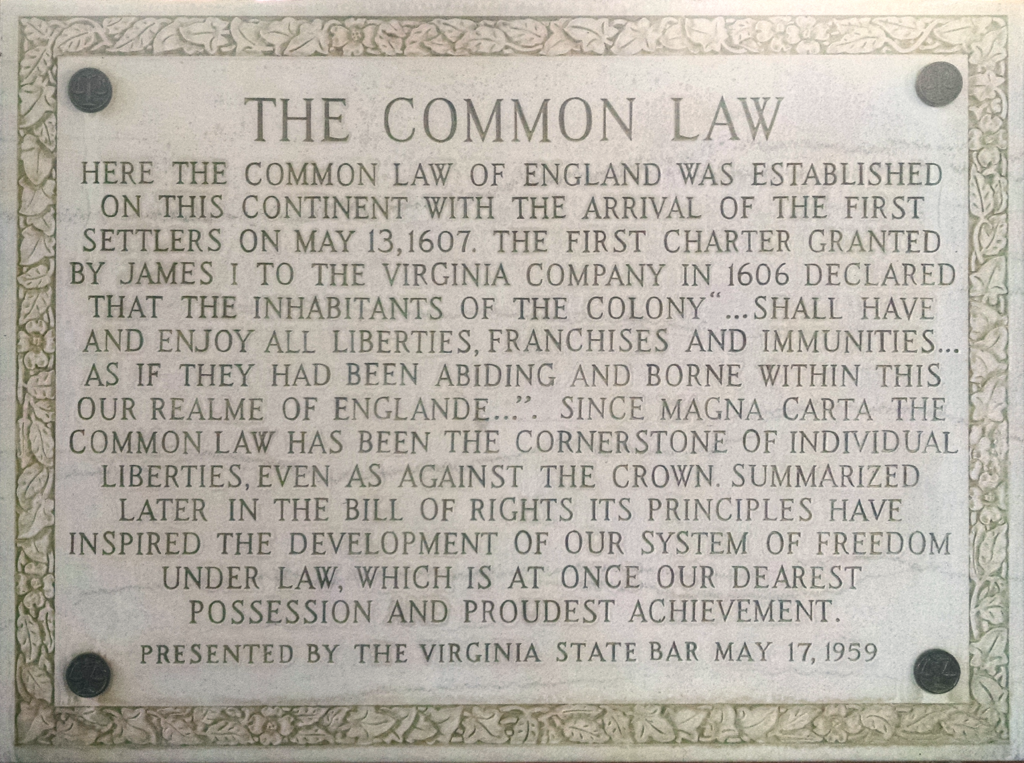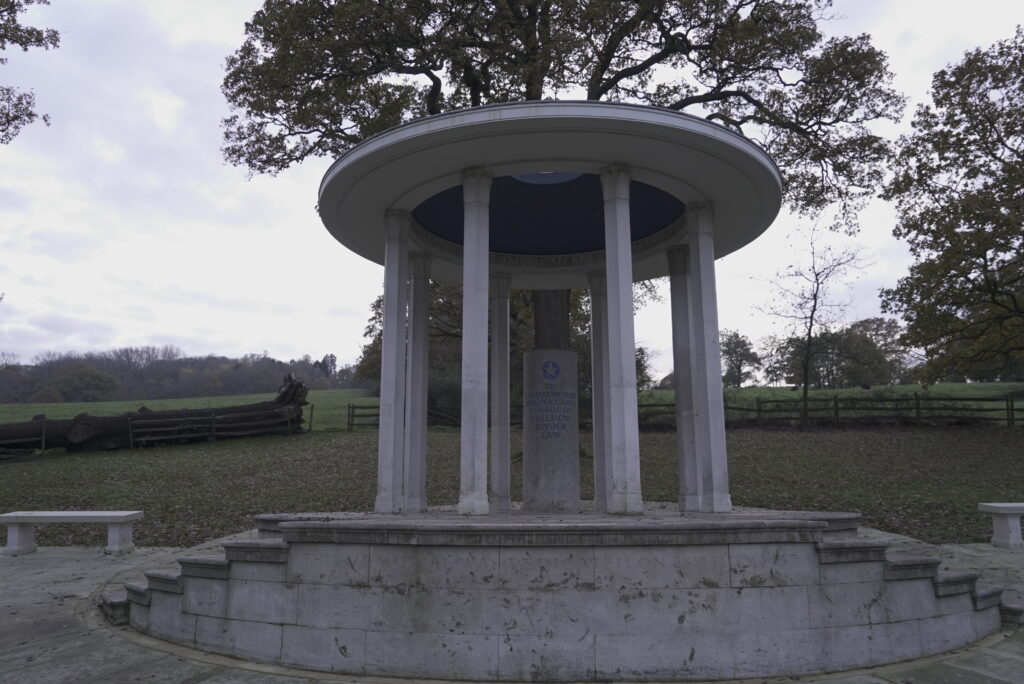
A very difficult question is just exactly what is the difference between the American and British Constitution? This should be an easy question but as they say – the devil is in the details.
The American constitution (US Constitution) is a well known and a published document. It is not secret, its meaning of course is very difficult as there are many interpreters and interpretations. On the other hand, it is very difficult to pin down what the British Constitution is or whether it exists at all? As to meaning, it means whatever people think it is at the point they need to quote it.
When American authors try to define the difference between the respective constitutions it remains a difficult task. The main reason for this is that American law is derived from British Law. Oh sure there are many twists and turns over the years but the fundamentals remain the same. It is probably true that Americans treasure their Common Law inheritance more than Britons in their home Country.
It is often said that Americans have ‘Constitution Worship‘, such is its importance in all aspects of American society. I believe this is an important concept to grasp in order to understand transatlantic differences. On the other hand Britons suffer from ‘Constitution Envy’ (ok I invented that term). It is often said to be a ‘Constitutional Monarchy‘ but attempts to identify what Constitution that refers too will result in failure.
It all started with Magna Carta. The idea is that the Monarch should not just be able to make demands on the public at their will. Although it is not a Constitution per se it is an expression of the idea what by writing some sort of contract between the people and the monarch justice and harmony will prevail.

Right from the get go there were attempts to disparage the agreement. ‘It was only between the princes and not the people’ ‘it took about four attempts to get it right’ . ‘it has been deprecated’. This was originally an attempt by the Monarch to limit the damage it does to their power, more recently successive governments continue their attempts to water it down. Perhaps only in Britain can you buy an English translation from the Supreme Court in the same building where people try to deny its relevance.
The great age of British Constitution writing is the early seventeenth century. They decided to take over the world and found colonies everywhere. The problem was that it was not possible to provide government for them all, so they decided that the founder of that colony should be responsible for local government. There was often a written charter that was required for each colony. Colonists would enhance these with their own efforts, for example the Mayflower Compact but there were many other examples. Having some sort of Constitution was forced upon Colonists although I’m unable to think of a single example where one was refused. An example might the the Canadian Constitution that the British Government demanded but held. It was eventually handed over to Canada. The British were more than keen to demand that others have a Constitution.
During the English Commonwealth a Constitution was actually written, known as the 1653 Instrument of Government. Academics claim it is the first Constitution in the English world. Usually Britain loves to claim they did something first but you will struggle to find any references to it in Parliament. The idea that there should be some agreement between the people and the monarch extends to the Glorious Revolution where the Bill of Rights was produced in 1689.
The Modern English Constitution
Although Constitution writing was a quintessential English activity it remains somewhat paradoxical that it is so difficult to track one down in the modern era. It is as though Britain has a virtual Constitution container. You can pick and choose what you want to put in (or take out) from that container. Some people even select a group of acts of Parliament and put them in such a container. This does produce a distinguished and useful set of documents but who says what acts should be in there? Where is the document that describes the process to put them in? That all remains a bit of a mystery.
One argument you may hear is that the Britain does not have a Codified Constitution (with the implication that the US does have one). You may hear or read that Britain has a constitution its just that it is not codified. Perhaps this is borrowed from some American constitutional experts but there is an important difference. We often speak of Continental Justice as ‘Civil Law’ as opposed to English ‘Common Law’. One aspect of Civil Law systems is their use of Codes. In an English Court people refer to previous decisions, with some notable decisions referred to as ‘Authorities’. In Civil Law jurisdictions they refer to the Codes. In some States and the US they do produce Codes, for an American Lawyer to use or define a Code is not an exceptional activity. On the other hand does British Law ever get defined as a Code? I believe it is wrong, or at least inappropriate, as that converting Common Law to a Code is not something that is normally done in Parliament or anywhere else.
The American Bill of Rights
The US Constitution contains some Amendments which are collectively referred to as the ‘Bill of Rights’. This is for historical reasons, the framers did produce an actual Bill of Rights and subsequently incorporated it into the Constitution as Amendments. It is probably correct to call this an accident of history but this author believes it has created one of the most important documents across all Common Law Jurisdictions. Modern Americans just refer to these as Amendments, just like any others. I believe most British Academic Lawyers totally fail to grasp their importance.
It would take further historical accidents for the Bill of Rights to blossom into a source of individual Rights. The most important of these accidents is the famous case of Marbury v Madison. In this case the role of the Supreme Court was established for Judicial Review. The Constitution was established as fundamental law and the Supreme Court were its interpreters. For most Americans it would take another case to establish its importance. What is often not realised is that the American Revolution was embarked upon that the States should be free of the Crown. The Constitution only applied to the US. Think of it as British Law vs EU Law. For just over 100 years the Constitution did not apply to citizens of the States or even define who such peopled were. Read this explainer. Also read about Barron v Baltimore. In the Post Civil War era, also called Reconstruction, it was established that Constitution did apply to citizens. Further that citizens could eventually plead their case at the US Supreme Court.
This gives citizens a cause of action that someone is denying their Constitutional Rights. No British Citizen has an equivalent Right.
Constitutional Rights
One of the most important US Amendments is the 6th. This sets out your rights related to criminal prosecutions and dates back to 1791. An American Lawyer (and Academic) expressed surprise that British Citizens did not have these Rights until well into the 20th Century. In particular US Citizens have a Constitutional Right to a Speedy trial. When prosecutors take too long to bring their case the Citizen can ask the Court to drop that case.
In the UK a citizen’s Right to a Speedy trial goes right back to Magna Carta. Certainly it is in the ECHR which has been incorporated into British Law. However what is utterly bizarre is that people can wait years before they are brought to Trial. One Twitterer has been waiting over 6 years for their case to come to court and only this year, 2023, was the case discontinued (the Crown offered no evidence). This is the fundamental difference between Rights in American and British Law. In British Law your Rights appear to just be guidance for prosecutors, if they can comply they will but if it is inconventient they will simply ignore any Rights you may have. What is worse is that there is a movement to remove these ‘European’ Rights.
The King in Parliament
It is often said that Parliament is Sovereign in the UK. There the matter might rest but wouldn’t it be better if that was defined in the Constitution? People often refer to ‘the Government’ in the UK. However just exactly what is the Government? Most citizens will refer to the Government as the organisation that does anything that is not private but once you delve in to define who the Government is things can get a bit murky. This issue came to a head when the British Government tried to Prorogue Parliament (i.e. send them home unable to provide any scrutiny). So what is the relationship between Government and Parliament if Parliament is Sovereign? Britain has a system of government by Cabinet, just like the US, but is the Cabinet the Government? Perhaps Government is some subset of the Cabinet. There are a lot of advisers, often called SPAD, but are these a part of Government? Are members of the Lords in the Government? Much of the Law that affects citizens today is created by Statutory Instrument. Who writes these and are they subject to Parliamentary scrutiny? A recent communication from an MP near to me wrote of his work giving scrutiny to a Statutory Instrument but that must have been some selected MP and not the house as a whole?
As you can probably tell the author is very confused about British Government. Would it not be better if the whole structure of Government were defined in a Constitution? The way Britons have always wanted to do it?